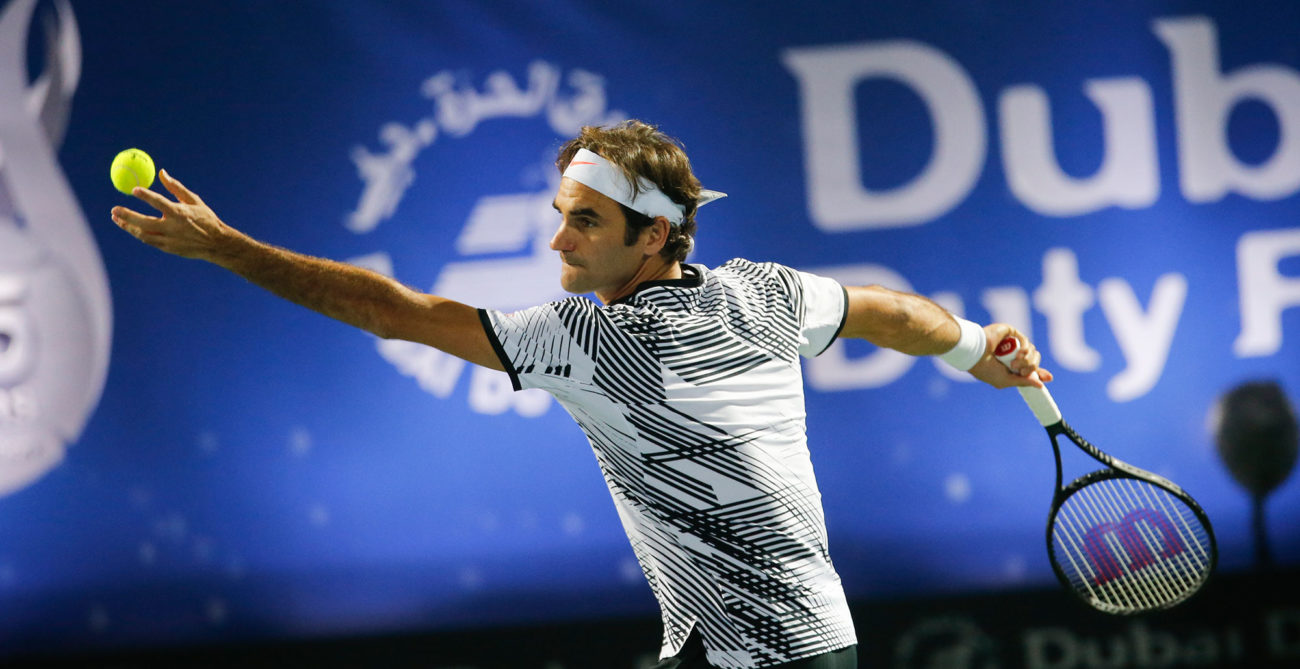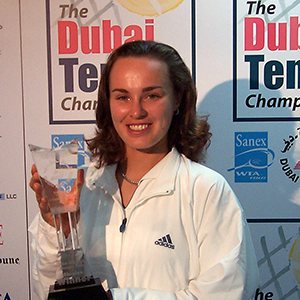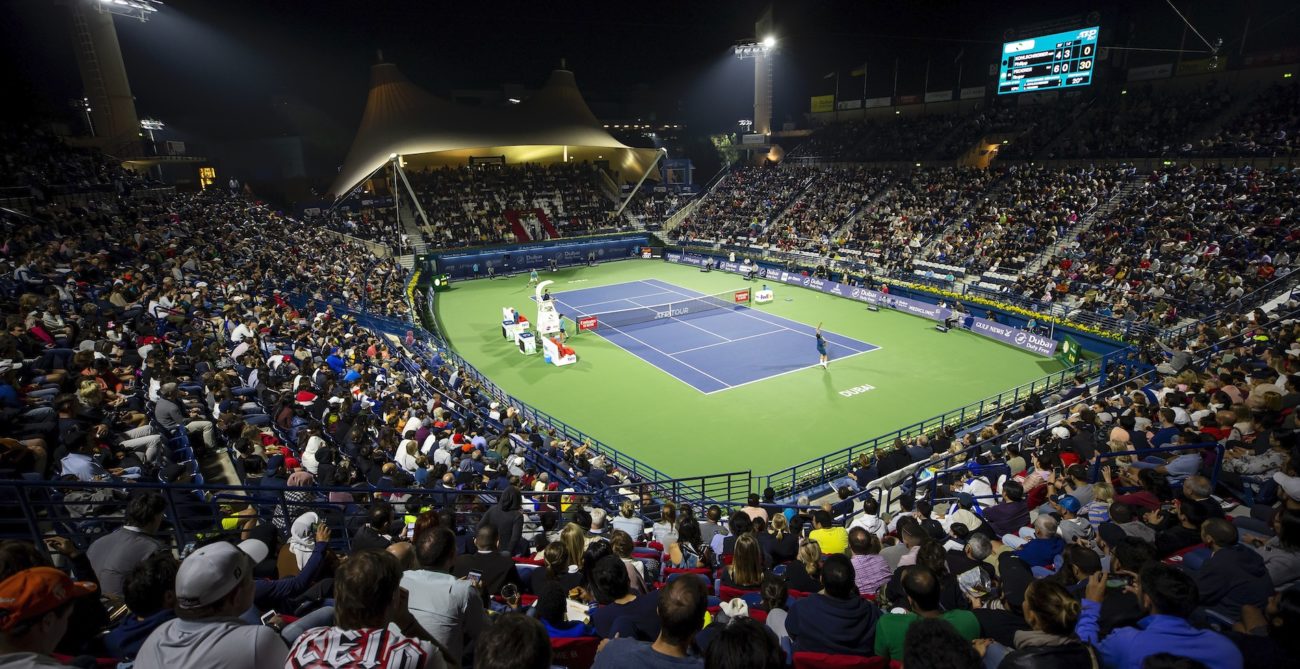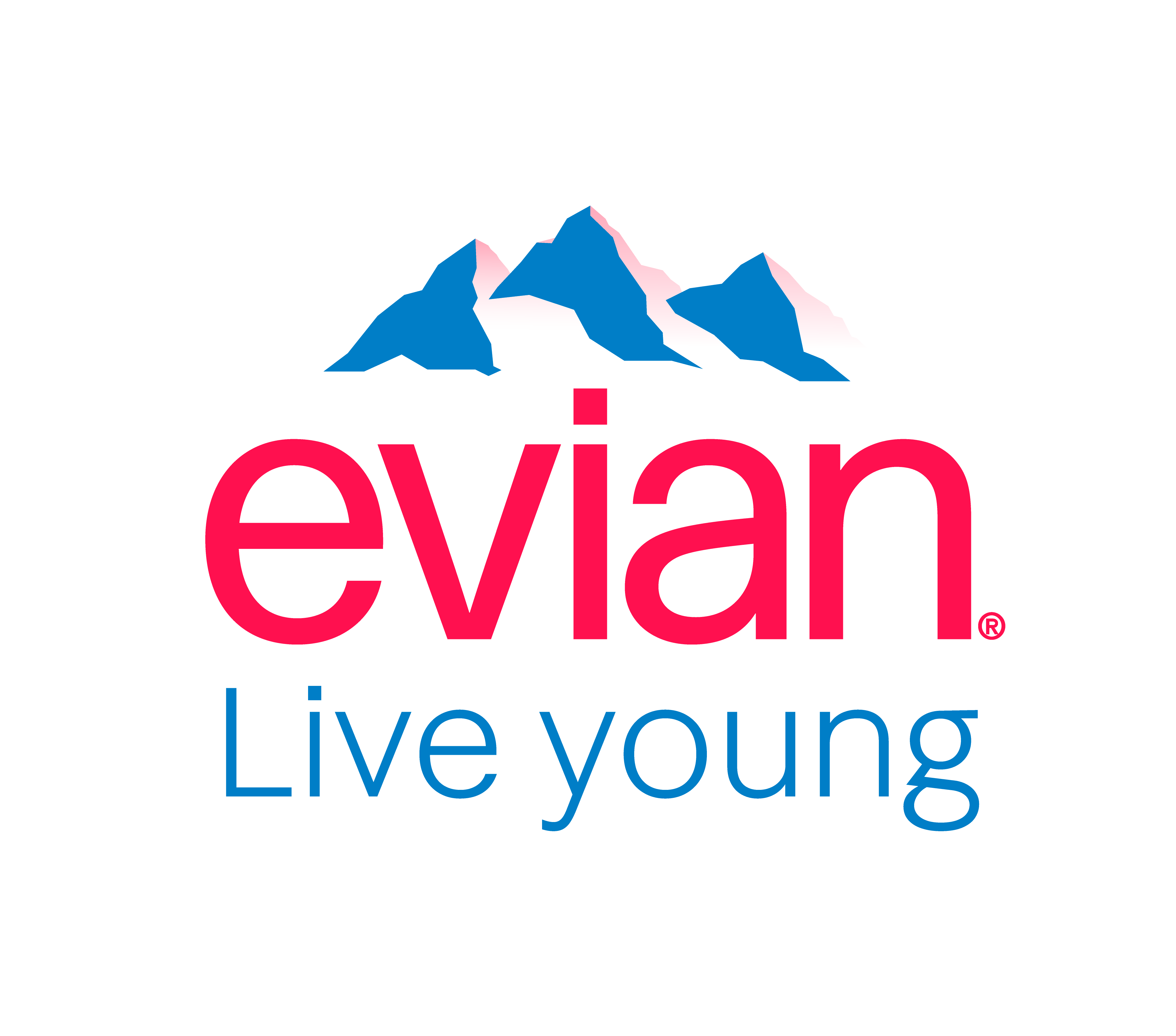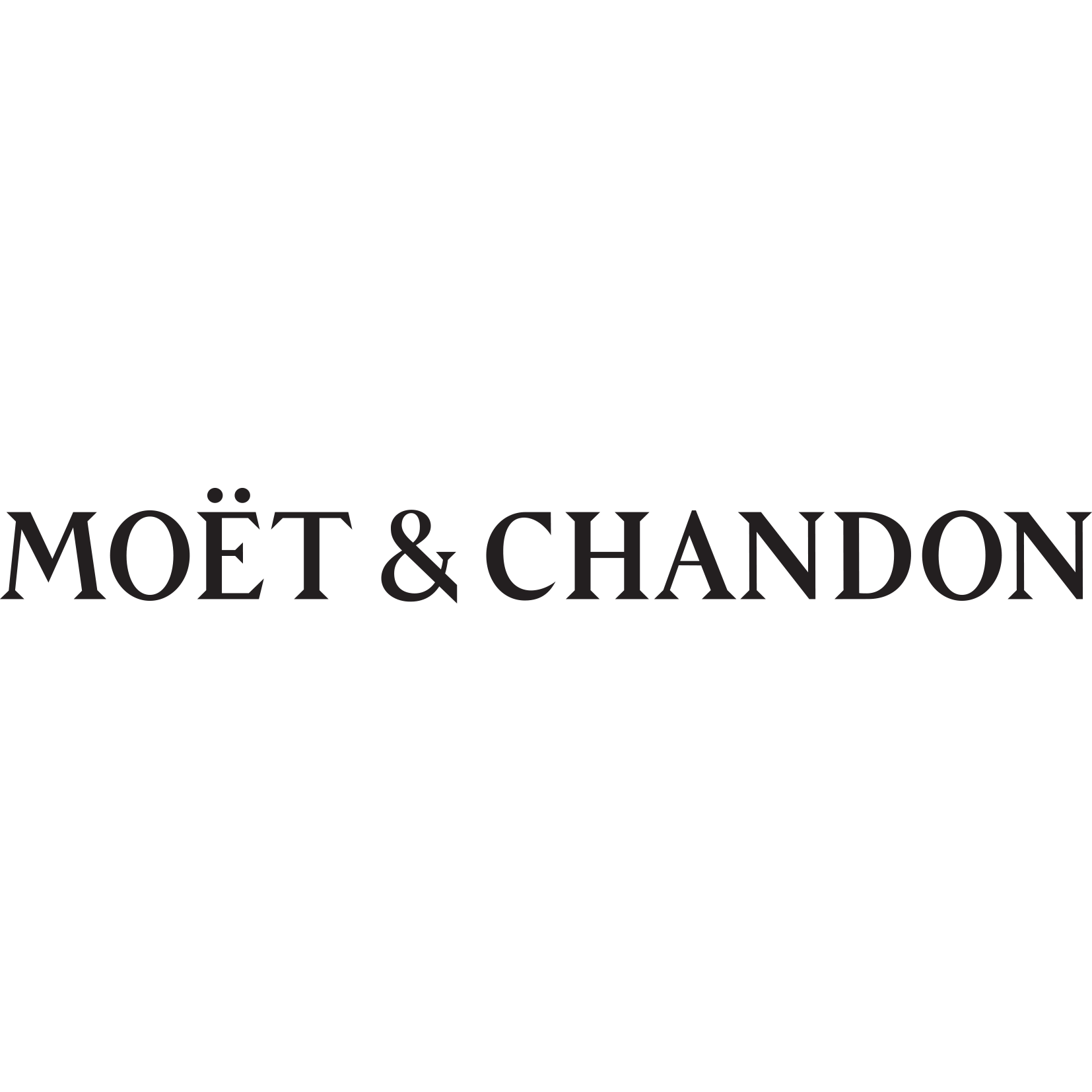Ons Jabeur – Press Conference

THE MODERATOR: Questions, please.
Q. How did you feel about that win, about closing it out?
ONS JABEUR: Really happy with this win. Especially when we played last year in Beijing, I was really close. Then I kept thinking about every time I have a break up, how I lose the match. That’s why I was frustrated when she broke me at 4-All.
But I had to keep playing good because every time it’s a little bit windy, the ball really flies. Every time you stress a little bit or it doesn’t close up with the hand, the ball really flies out.
I’m happy that I saved two set points. This time it meant to be for me.
Q. Naomi Osaka has shown us what can be done for Asia. You are here for Africa and the Arab world. What do you think is needed in the long run for other players to join you?
ONS JABEUR: Well, I’m now the Naomi Osaka of Africa (laughter).
Yeah, it’s inspiring to see how players can inspire a country or a continent. For me, I’m really happy to represent Tunisia. I’m trying to give my best, to behave good on the court, to try to give good example for the young generation who want to achieve what I’m doing right now.
I’m trying to send a message that it’s not impossible. You have to work hard. Why not? I want to see a lot of players from Tunisia to be here one day. It’s one of my dreams.
Q. Since September last year till this moment your ranking is jumping a lot. Tell us what you’ve done.
ONS JABEUR: I was more focused on the level than the ranking. I always say the ranking will follow up if I have a good level.
I had pretty tough start of the year last year. I was trying to keep up with the results. I tried to be more me on the court, having fun. That’s when I play the best game.
Hopefully I can continue to have a pleasure on court, to be mentally stronger, especially some points that are really important that I don’t have to waste.
I mean, I can see that not only me have this struggle, but many, many good players, which is giving me more opportunity, actually more confidence to work more and be on the top.
Q. The match today was 11:00 in the morning. We saw many Tunisian spectators. For your next match, you meet Elina.
ONS JABEUR: I always say Tunisians are everywhere. In Japan one time, I won there, there were some Tunisians.
Yeah, I hope they can come tomorrow. A lot of people, they can come tomorrow. Elina, we know each other from juniors. It’s going to be nice to play each other. Last time was in Taipei. Was very close for me.
But she improved a lot. I did, too. It’s going to be tricky match. She likes to play here, obviously. Let’s see how it’s going to play. I’m going to give my best. No stress for me. Probably more stress for her. She’s better ranked.
But I’m going to have fun on the court. With the crowd… Hopefully I can get the win.
Q. I saw on the Tennis Channel your video where you said you wanted Valentine’s gifts. Did you get any?
ONS JABEUR: Do you want the truth (smiling)?
I usually don’t celebrate Valentine’s Day. We love each other every day. It’s nice to have it.
But I got a gift from at Qatar Open. So I gave it to him and told him, Give me that tomorrow. He was laughing at me.
It was nice. We made a funny video. I don’t know if you saw it on Instagram. That’s my Valentine gift, and I love it.
Q. Back to the Osaka parallels. When it comes to Asian tennis, Li Na and Naomi, there’s certain kind of cultural barriers to success in tennis that they have had to overcome separately. For you, from this region, what is your observation as to what are maybe the cultural or institutional impediments to having a champion come from here?
ONS JABEUR: Well, I mean, it’s difficult since we didn’t have many players in the top, let’s say, hundred, or even three hundred before. It’s tough.
For me as a player, I find it more tough to see someone who was in the top hundred or top two hundred, so they can give me advice. I had to go to the tournaments, discover on my own. I had to have my own experience.
Okay, facilities are very important. But to find someone who can guide you to the top level, because it’s really tough to be here. I think it’s the most important thing.
That’s why I want to share my experience. I want to, like, give this to the kids who don’t have to go through what I went through, so I can save them some time or I can share my experience. It’s going to be really helpful.
Either in Tunisia or Africa, I’m really happy to do it. I hope after my career I can help this young generation. Now I’m trying to do a little bit. I’m 24, but when we played Fed Cup in Luxembourg, it was fun. There were two girls younger than me. I felt like a leader there, and I loved it. It was nice to give advice to these young girls.
If anyone is watching now, I’m really open to give any advice they want.
Q. Is there anything you have learned on your own being on tour, maybe somebody could have mentored you and told you a truth that now you now, that stands out, and you’re very adamant that you want to make sure people know.
ONS JABEUR: Actually, a lot of things I learned on my own. Sometimes when someone tells you that thing, you don’t realize it. They have to trick you to make you do it.
Probably the huge problem for me was that I was so much talented with these dropshots, this hand. Everyone was telling me that. I had to really forget little bit about that and work harder. Not work harder like crazy because this thing doesn’t work with me. I need to work hard on the fun way. I had to find the solution, challenges.
Actually practiced with a lot with Selima. She always tried to trick me to hit the ball more. This thing got me to move more, to improve more my game.
I’m happy with this team that I have. They push me to do more that I can do. My limits, okay, I admit them, lazy sometimes. I need to have someone push me. But they need to do it the right way. Now they’re doing it really good.
Q. I’m sure you do a lot of clinics, the Fed Cup girls were with you… When any of the young kids come up to you back home, what are the barriers in their mind? For example, I was once here at the JPMorgan women’s talk. A lot of the women were saying, Our parents won’t let us be players because they don’t see sport as a profession. Is that something you hear from kids?
ONS JABEUR: Well, there is that. I saw there is a lot of motivated parents, but they don’t have anything like clear. I can understand that they were afraid for their kids. I mean, we know that education is very important. I support education.
At a certain level, you cannot make both at the same time. You have to choose. I had to do that. I mean, my mom was afraid to let me go, to do my own thing. But she understood that I wanted to do that, it was up to me.
There’s a lot who, let’s say, they had to practice in the good level, how can they manage the hours, mentally is very important. Parents, they can be tough on their kids sometimes, especially when they talk outside the practice, during the competition. I saw a lot of that.
Recently we did something for the parents in one of the clubs in Tunisia. I went with my coach. We talked to them. They were really happy that I shared my experience. We’re trying to tell the parents that you have to go a little bit easy on them.
Q. (Question in Arabic.)
ONS JABEUR: As I said before, it’s tricky question. There is a lot of things we can see. I mean, there is facilities here, but here is not the same as Tunisia. We wish we had facilities there.
I mean, as I said, not only facilities. You can see here, you can give everything to the players, but they do nothing about it. For me, you have to have a good program for them, but the most important thing is that the players, they want to be champions. That’s the most important thing.
I hope in the Arab world they can see it that way. They can see it’s not about the money, not about the facilities, but you can just believe in yourself.
I had a dream when I was younger. I’m still trying to achieve it. It all started like this. So for me, this very important thing. Of course, the facilities can help. If you can look back, not all the players they had easiest path for them.
Q. Does doubles help you in singles in any way?
ONS JABEUR: I’m starting a new career in doubles, if you guys noticed (laughter).
You can see it. Many players, they play doubles. I can name a lot. Somehow they break into the top 10, top 20. Today I did two or three great volley points, and I won the points. I was thinking, Good, playing doubles (smiling).
It was so much fun playing with Alison. She’s such a positive person. I love it. The American mentality is amazing. We don’t have that in Tunisia, but we will have to improve.
Hopefully we can do good here. Looking forward. It’s really always thinking about physically, you need some energy to play the doubles. It’s worth it to get more results in singles. I think it really helps.
Q. Back to Naomi.
ONS JABEUR: You like Naomi, huh?
Q. Back in the day, she always said you were a very important aspect of that competition for her, in terms of joking with her. At the time, when you guys are teenagers, did you ever think you were standing next to a future two-time major champion and world No. 1?
ONS JABEUR: No, I think I need the person prize money now. She break through that (smiling).
No, I mean, I joke with everyone. She was so shy. She still is. She respects me. I love that about any player. When I see someone shy, I don’t leave them alone, that’s me (laughter). Even now, I’m still joking with her, with her fitness coach. I’m wrestling with him because he’s like this, Do you see these muscles?
She’s very nice, family also very nice. I wish they could win more Grand Slam. Leave some for me, but hopefully I can be there one time.

